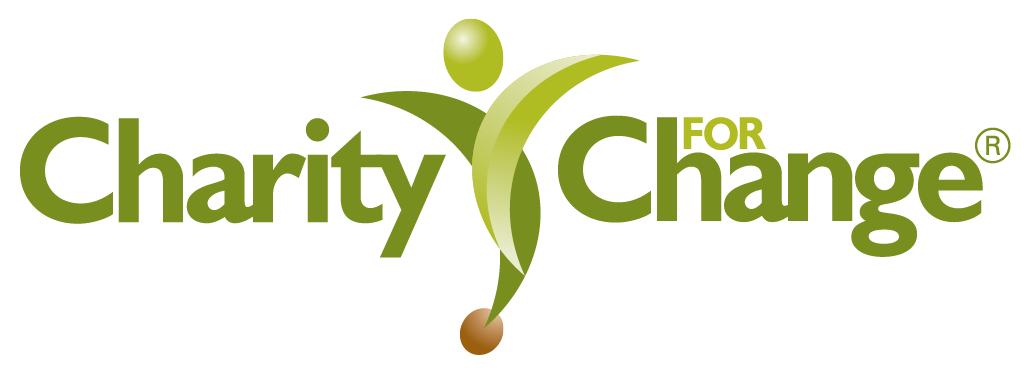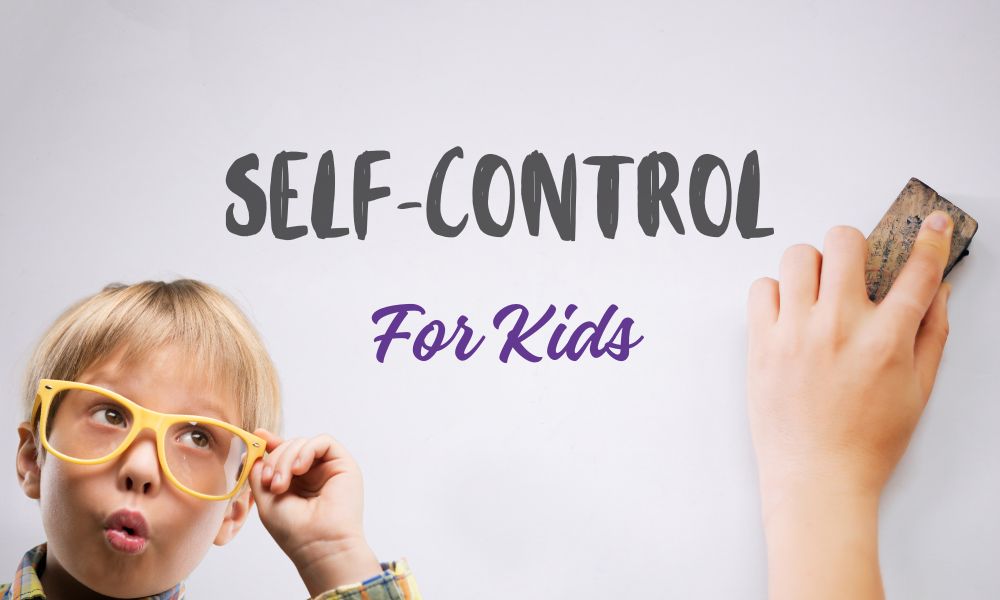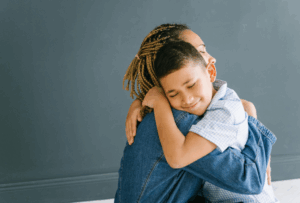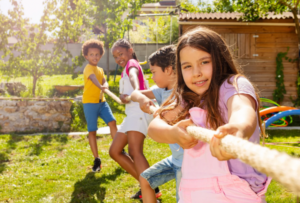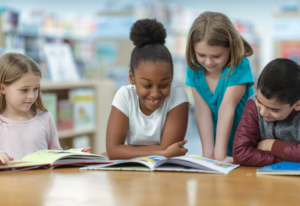Self-control for kids is a hot topic for teachers and parents, who both wonder how to help children develop it effectively. Self-control is a crucial skill that lays the foundation for a child’s emotional and social well-being. It empowers them to manage their emotions, make thoughtful decisions, and navigate challenging situations.
In the ever-evolving landscape of education, the focus has shifted beyond academics to encompass whole child development. Parents also want to provide children with the tools they need to develop skills like self-control. Character education fills this gap in schools, afterschool and summer programs. In this article, we explore teaching self-control through character education and offer parents and educators six practical strategies to help children build self-control.
The Foundations of Character Education
Character education is a curriculum that instills positive traits in students, helping them become responsible, empathetic, and self-disciplined individuals. For example, the character education curriculum, Charity for Change, integrates academics while nurturing essential qualities like respect, empathy and self-control.
Why is Self-Control for Kids so Important?
- Academic Success
Studies have shown a positive correlation between self-control and academic achievement (Duckworth, 2019). Students with better self-regulation tend to have higher grades and perform better in standardized tests. Improved focus, facilitated by self-control, allows for more effective learning and retention.
- Emotional Well-being
Self-control is a cornerstone of emotional intelligence, enabling children to manage emotions, resolve conflicts, and build healthier relationships. It empowers students to navigate challenging situations with composure, reducing instances of impulsivity and aggression (Blair & Diamond, 2008).
- Long-term Success and Well-being in Adulthood
Longitudinal studies suggest that self-control in childhood is a strong predictor of future success, including educational attainment, career advancement, and overall well-being (Moffitt, 2011). Those with strong self-control are better equipped to set and achieve goals, leading to a greater sense of accomplishment and life satisfaction.
Self-Control in Character Education
Teaching self-control is an investment in a child’s future whose value transcends the classroom and touches every aspect of a person’s life. As educators and stakeholders, it is our collective responsibility to ensure that every child has the opportunity to develop the self-control they need to succeed.
Schools can empower students to develop self-control by integrating the following activities or adopting a character education curriculum.
- Project-based learning: activities implementing civic learning and service learning
- Mindfulness exercises: to prepare students for learning
- Peer-to-peer: reflection that builds compassion and empathy
- Math: word problems integrating character education and service learning
- Kinesthetic: activities teaching learners how to accommodate one another’s differences
- Puzzles and readers theatre: puppet shows develop a deeper understanding of the character traits
- Family: games and exercises to connect family members and students with real-world experiences and inspire deeper-level conversations about the character traits
Practical Strategies to Help Children Develop Self-Control
By implementing these practical strategies, we equip children with the tools to navigate their emotions and relationships. Remember, the journey toward self-control is a gradual one, and providing consistent encouragement is essential.
Explain to the child that they’ll feel better if they try one of these suggestions:
- Count to 10 Until You Cool Down
Teaching children to count to 10 when they’re upset is a simple yet powerful technique to help them regain composure. By taking a moment to pause and breathe, children can create space between their emotions and their reactions.
- Walk Away from the Situation
Encouraging children to remove themselves from a distressing situation physically can be an effective way to regain control. This strategy allows them to find a safe space to process their emotions without external pressure. Research has shown that giving children the autonomy to remove themselves from stressful environments can improve emotional regulation (Eisenberg, 2016).
- Relax and Take Some Deep Breaths
Deep breathing exercises are a tried-and-true method for calming the mind and body. By practicing deep, slow breaths, children activate their parasympathetic nervous system, promoting a sense of calmness and control. Studies have demonstrated the positive impact of deep breathing on emotional regulation in children (Waters, 2015)
- In a calm voice, explain why you’re angry
Encouraging children to express their anger calmly is crucial for developing self-control. Teaching them to use “I” statements to communicate their feelings allows them to take ownership of their emotions and promotes healthy dialogue.
- Listen to the Other Person’s Ideas and Feelings
Active listening is a powerful skill that contributes to healthy social interactions and emotional regulation. Asking children to listen attentively to others helps them understand different perspectives and fosters empathy.
- Ask an Adult for Help
Sometimes, children encounter situations that are beyond their capacity to handle alone. Encouraging them to seek the help of a trusted adult is a useful lesson in self-awareness and humility. Research suggests that seeking guidance from adults fosters a sense of security and provides children with a valuable coping mechanism (Ablow, 2013).
BONUS TIP: Learn about Self-Control for Kids on GiverTV (or similar)
Teachers can utilize educational videos about character traits like self-control. For example, the Charity for Change Program has an interactive video component called GiverTV. Each video teaches children a character trait, giving examples and showing how to practice it in real life. An educator could show the whole class the self-control video (even if only one child particularly needs it). Of course, a complete curriculum like the Charity for Change Program utilizes many different types of activities to help children develop self-control, so children are engaged over a longer period with many opportunities to understand the character traits. Investing in a program like this is truly an investment in a child’s future.
Helping children develop self-control is a gift that will serve them throughout their lives. Remember, every child is unique, and what works best for one may differ for another. It’s important to adapt these strategies to suit individual needs and circumstances. With patience and consistency, we can help children on their journey towards developing strong self-control.
Are you searching for a character education curriculum that includes civic learning (and so much more)?
The Charity for Change curriculum is affirming, encouraging and builds resiliency in young learners. The curriculum includes:
- Project-Based Learning
- Mindfulness Discussions
- Peer-to-Peer Interaction
- Math
- Kinesthetic Activities
- Puzzles and Reader’s Theatre
- Family Engagement
Learn more about the Charity for Change Program.

Written by Karen Conley
President, CEO and founder of Charity for Change
References:
Ablow, J. C., Marks, A. K., Feldman, S. S., & Huffman, L. C. (2013). Associations between first grade parent–child relationships, teacher–child relationships, and child behavior problems. Journal of Applied School Psychology, 29(3), 221-245.
Blair, C., & Diamond, A. (2008). Biological processes in prevention and intervention: The promotion of self-regulation as a means of preventing school failure. Development and Psychopathology, 20(3), 899–911.
Duckworth, A. L.(2019). Self-regulation strategies and academic success in regular and special education students in an online personalized learning environment. Educational Psychology, 39(9), 1160–1184.
Eisenberg, N. (2016). The relations of effortful control and impulsivity to children’s sympathy: A longitudinal study. Cognitive Development, 40, 1-13.
Moffitt, T. E. (2011). A gradient of childhood self-control predicts health, wealth, and public safety. Proceedings of the National Academy of Sciences, 108(7), 2693-2698.
Smith, D. (2017). The role of character education in public schools. New Directions for Teaching and Learning, 2017(150), 47–55.
Waters, L., Barsky, A., Ridd, A., & Allen, K. (2015). Contemplative education: A systematic, evidence-based review of the effect of meditation interventions in schools. Educational Psychology Review, 27(1), 103-134.
